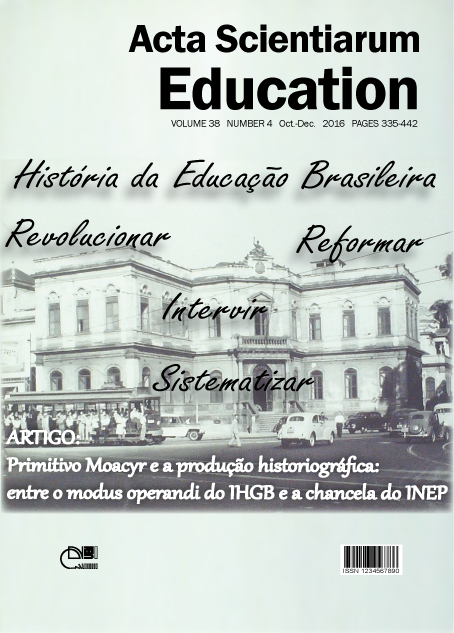<b>Evaluative Culture: the impulse given by MERCOSUR to the consolidation of South American evaluation system
Abstract
South American higher educational institutions have experienced great challenges and transformations during the last decades especially with regard to the consolidation of educational quality. In 2008, MERCOSUR established the Higher Education Accreditation System (ARCU-SUR) aiming at a permanent evaluation of quality in higher education in associated and member countries. This fact also induced regional integration and social, educational, economic and intercultural development in South America. Positive effects could be perceived in regional evaluations, especially in Bolivia, Paraguay and Uruguay. According to König (2007), the capacitation of national peers and periodical evaluations of ARCU-SUR have strengthened the evaluation tradition in these countries. Another notable achievement of the system is the stimulus to establish National Accreditation Agencies in countries where no such institution exists. .
Downloads

This work is licensed under a Creative Commons Attribution 4.0 International License.
DECLARATION OF ORIGINALITY AND COPYRIGHTS
I declare that this article is original and has not been submitted for publication in any other national or international journal, either in part or in its entirety.
The copyright belongs exclusively to the authors. The licensing rights used by the journal are the Creative Commons Attribution 4.0 (CC BY 4.0) license: sharing (copying and distributing the material in any medium or format) and adaptation (remixing, transforming, and building upon the material thus licensed for any purpose, including commercial purposes) are permitted.
It is recommended that you read this link for more information on the subject: providing credits and references correctly, among other crucial details for the proper use of the licensed material.















































